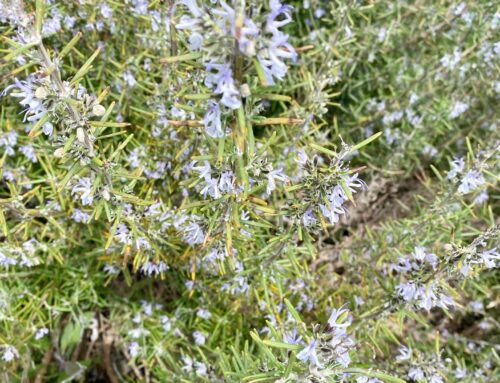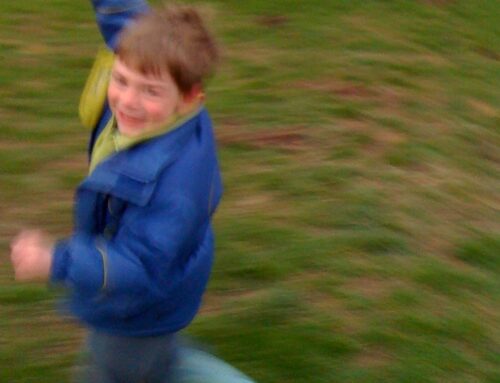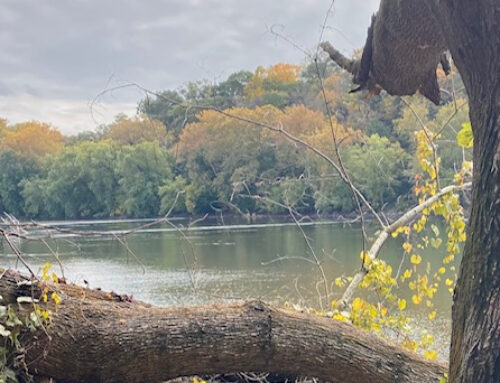Sometimes folks visit the farm, and offer what they must believe are helpful suggestions. I always listen—you never know what you might learn! But commonly, I find this advice to be untethered to any sort of pragmatic agricultural rationale. In fact, from what I can tell, this unsolicited counsel is (more often than not) based on opinions that have no experiential foundation in farming whatsoever. Most confounding of all, this logic is seasoned with the pepper of personal feelings, and the salt of subjective emotions.
What a strange way to attempt to communicate with someone! Here’s an example, from a conversation I had last July.

Farm Poem #5
“It’s sad,” he said gravely, gesturing. “What will you do?”
“With the apple trees?” I replied. “They’re dead.”
He nodded. “But still.” He shook his head. “You should do something.”
“Like, perform mouth-to-twig resuscitation?”
He ignored this. “Do you plan to replant them? The fields just look…
I don’t know. So vacant.”
And the cattleman in me wants to ask this
Economist if he plans to help;
For if he doesn’t know the first thing about apples
Then I don’t know the second,
No more than the serpent understood gravity,
Or Newton original sin.
“But still,” he repeats, his eyes far away,
“It’s sad. Just letting them die like that.”
And beyond the tangle of black limbs and
Bracken, creeper snaking through poison ivy,
Rose hips thorning hackberry bark,
Bloated branches of fire smut,
Trunks cankered and split, punked hollow,
My eyes fly far, too,
Past all resemblance of what it meant
–economically, ecologically, energetically–
To keep this old orchard orcharding,
And I see his blue sky, bold, unmarred,
Where silver dream-liners soar
Turbulence-free to tropical destinations,
Cocktails served at thirty five thousand feet,
Views unimpeded.
I see people, and more people.
I see their foreground,
And I see their distance,
And I am not afraid.





Forrest – just read poems 5 through 9. Made my morning! Keep it up.
Oh, thank you!